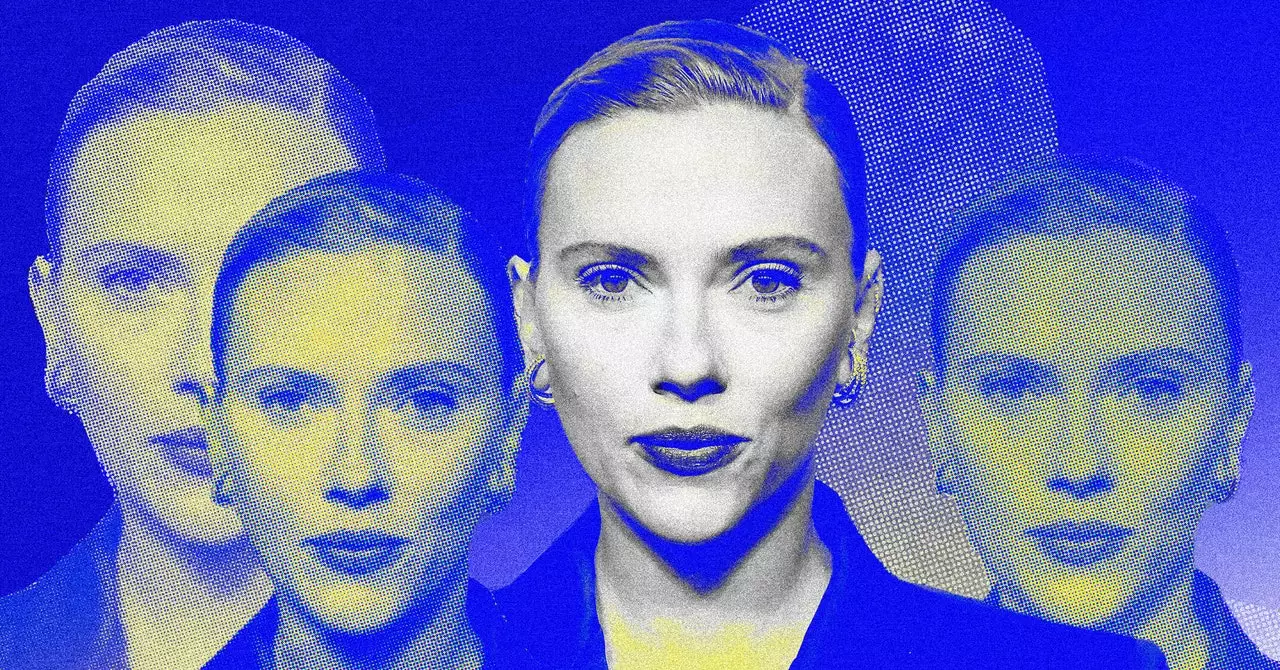The recent controversy surrounding OpenAI’s voice imitation technology has sparked a debate among legal experts regarding the fine line between imitation and recording something “in the style” of someone else. While some experts like Colorado law professor Harry Surden argue that a potential right of publicity claim from Scarlett Johansson against OpenAI would be weak, others like David Herlihy, a copyright lawyer, believe that OpenAI’s behavior was a “boneheaded move” and a miscalculation. This difference in legal opinion highlights the complexity of the issue and the various factors at play.
The lack of federal right-of-publicity laws in the United States further complicates the matter, as there are only state statutes to navigate. This patchwork of laws makes it difficult to predict how a case involving right of publicity would play out, as different states have varying levels of protection for individuals. Additionally, the esoteric nature of right of publicity law means that the outcome of such cases can be unpredictable, as even legal experts like Frye express uncertainty about the potential implications of OpenAI’s actions.
The public perception of OpenAI’s voice imitation technology has been mixed, with some viewing it as a harmless experiment and others criticizing it as a deliberate stunt for publicity. The company’s decision to move forward with a sound-alike after Johansson declined to participate has raised questions about their motives and ethics. The one-word post from Sam Altman referencing Johansson’s performance in “Her” further complicates the situation and weakens any potential defense that OpenAI might mount.
Beyond the legal implications, the controversy surrounding OpenAI’s voice imitation technology raises broader ethical considerations about the use of AI in replicating human voices. Some experts argue that the company’s actions were misguided and potentially damaging, while others see it as a clever marketing strategy. The music industry professor at Northeastern University, David Herlihy, believes that OpenAI’s behavior was a deliberate stunt, designed to generate controversy and publicity.
The controversy surrounding OpenAI’s voice imitation technology highlights the complex intersection of legal, ethical, and industry considerations. While legal experts and industry professionals may have differing opinions on the matter, it is clear that the use of AI in replicating human voices raises important questions about intellectual property rights, right of publicity, and ethical standards. As the technology continues to evolve, it is essential for companies like OpenAI to consider the potential consequences of their actions and the public perception of their products.


Leave a Reply